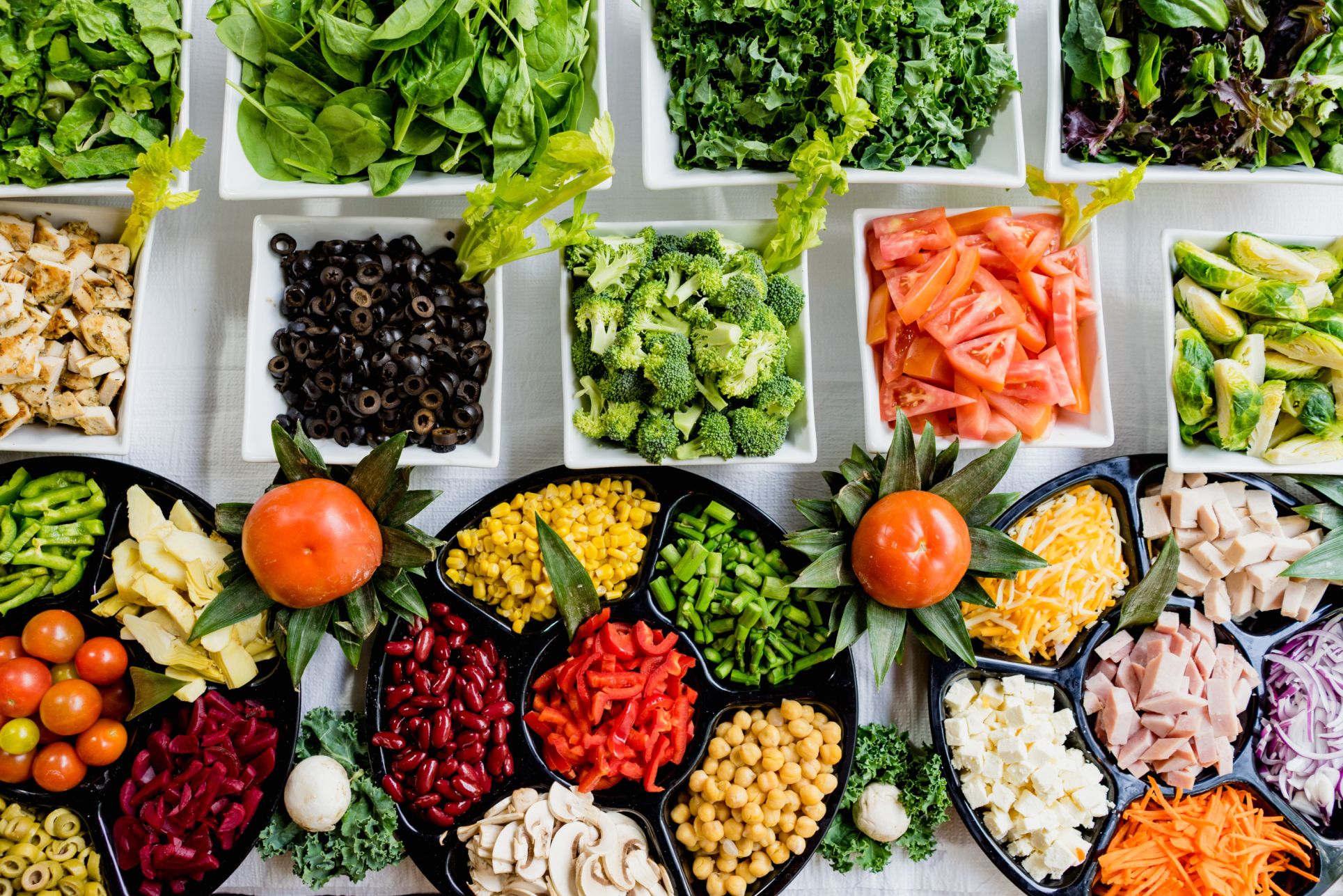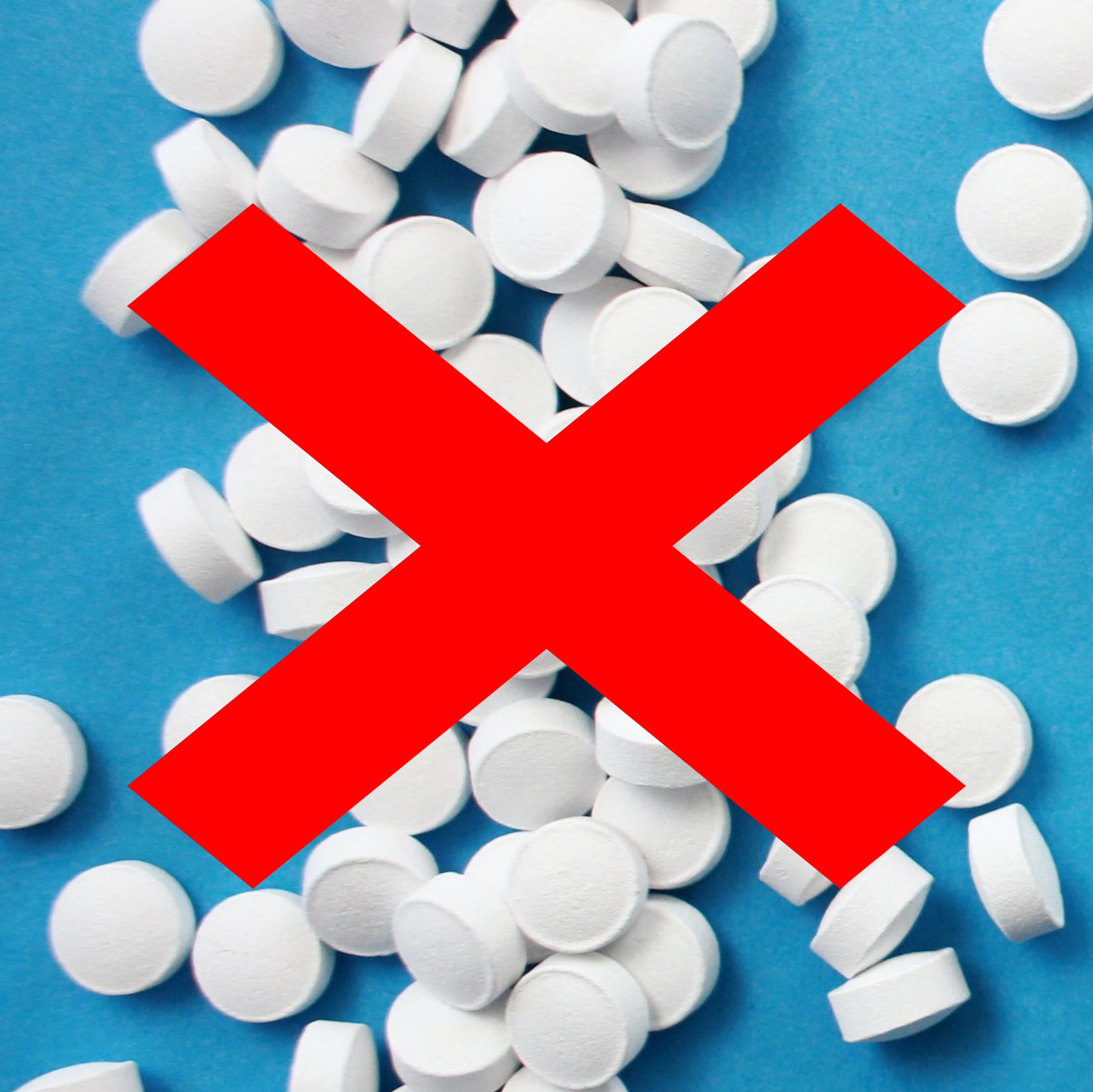Something that surprises many of our clients is the importance of diet in rehabilitation.
Why? Addiction has one of the most damaging effects possible on our bodies. Restoring a healthy diet goes a long way toward recovering from the addiction.
A healthy body helps promote a healthy mind. And a healthy mind is what you’ll need to live a better life. So let’s talk about your diet, and addiction’s effect on it.
How Addiction Affects the Body
We approach addiction as a disorder…and while it’s primarily a mental/psychological one, it has physical aspects that affect the body. The mind develops a dependence on the substance you’re using, fueled by a psychological need.
Along the way, as you continue to use the addictive substance, it causes some type of physical damage. The damage can take many forms, but it tends to originate from one primary source: nutrient deficiencies.
Alcohol and other drugs prevent the body from absorbing nutrients when you use them regularly. They do this by blocking or damaging certain body processes—one of the biggest of which is our digestion. In addition, people who are using drugs often don’t eat properly; they don’t eat enough, or regularly, and what they do eat may be unhealthy.
Some clients arrive at our centers severely underweight as a result of their insufficient diet while addicted. They don’t feel hungry due to the addictive substance blocking their appetite, so they don’t eat much. At the same time, the substance prevented their bodies from absorbing vital nutrients from what food they did eat.
These nutrient deficiencies wreak havoc on their bodies. Think of a farmer who never fertilizes their crops. Without the nutrients, those crops will wither and die…fast!
Even a short period of nutrient deficiencies can cause all manner of physical effects. Some of which can lead to permanent damage if not caught in time.

In this post we’ll go down the list of nutrient deficiencies and list how each addictive substance affects the body, which nutrients they tend to disrupt, and what kinds of effects result.
PLEASE NOTE: While we’ve consulted several medical sources (links at the end of the post), everyone’s body is different. Your reaction may differ from someone else’s. We’re offering this information for your reference, not as certified medical advice.
How Alcohol, Opioids, and Other Drugs Cause Nutrient Deficiencies
Which nutrients you’re unable to absorb varies by the addictive substance. Here are some common drugs and information about what they disrupt in our bodies:
ALCOHOL
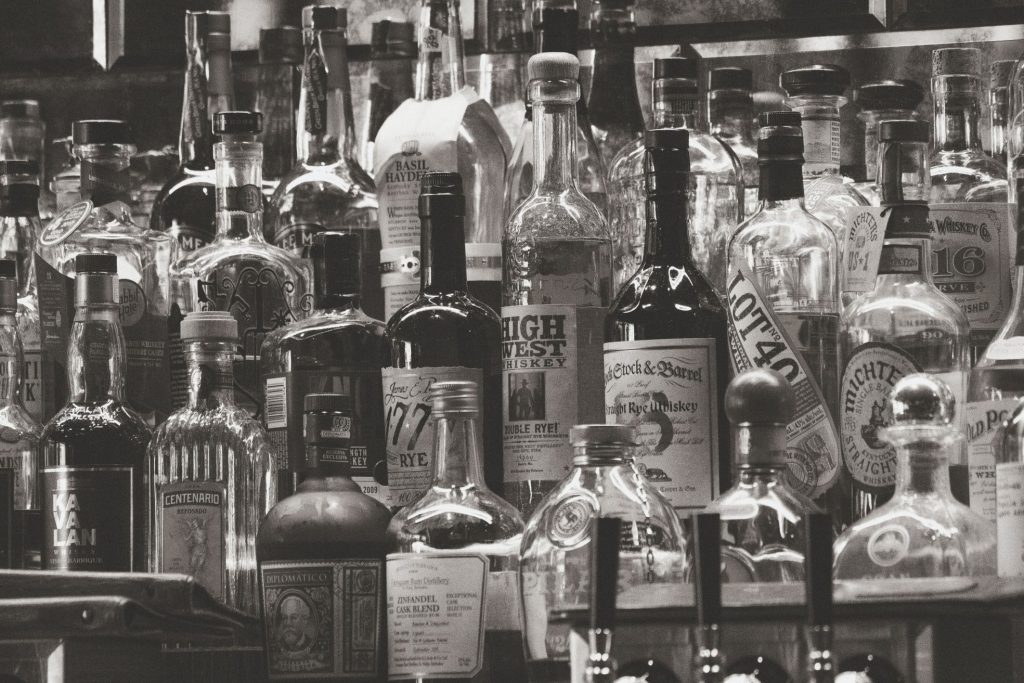
While alcohol tends to have a lot of calories, it doesn’t provide nutrients with those calories (they’re called “empty calories”). Over time, those suffering from alcoholism replace more and more of their diet with drinking. This means the body’s taking in less and less nutritious food, and trying to use alcohol as a replacement.
This damages your body in two ways:
- Alcohol prevents the liver from making digestive enzymes. Without those, the body can’t properly absorb proteins, fats, and vitamins (A, B, and C) from food. A body that can’t get these breaks apart.
- Drinking excessively also damages the pancreas, which helps regulate blood sugar. This triggers weight gain, slows movement, and can lead to diabetes.
METHAMPHETAMINE

Meth wrecks the body’s ability to absorb certain vitamins, B12 in particular. B12 causes loss of energy at first – continued B12 deficiency can lead to mental illness and memory impairment.
Meth also damages brain cells directly, causing potentially-permanent brain damage.
OPIOIDS (e.g. Heroin, Fentanyl)
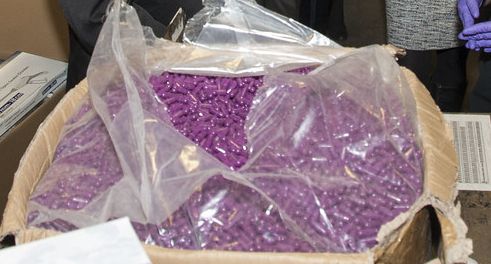
Opioids affect the brain’s ability to produce neurotransmitters. These include dopamine (helps you feel happy), serotonin (helps you sleep), and acetylcholine (helps you process memories).
Without these critical chemicals, your brain can’t do things like remember where you were yesterday, manage stress, or fall asleep.
COCAINE
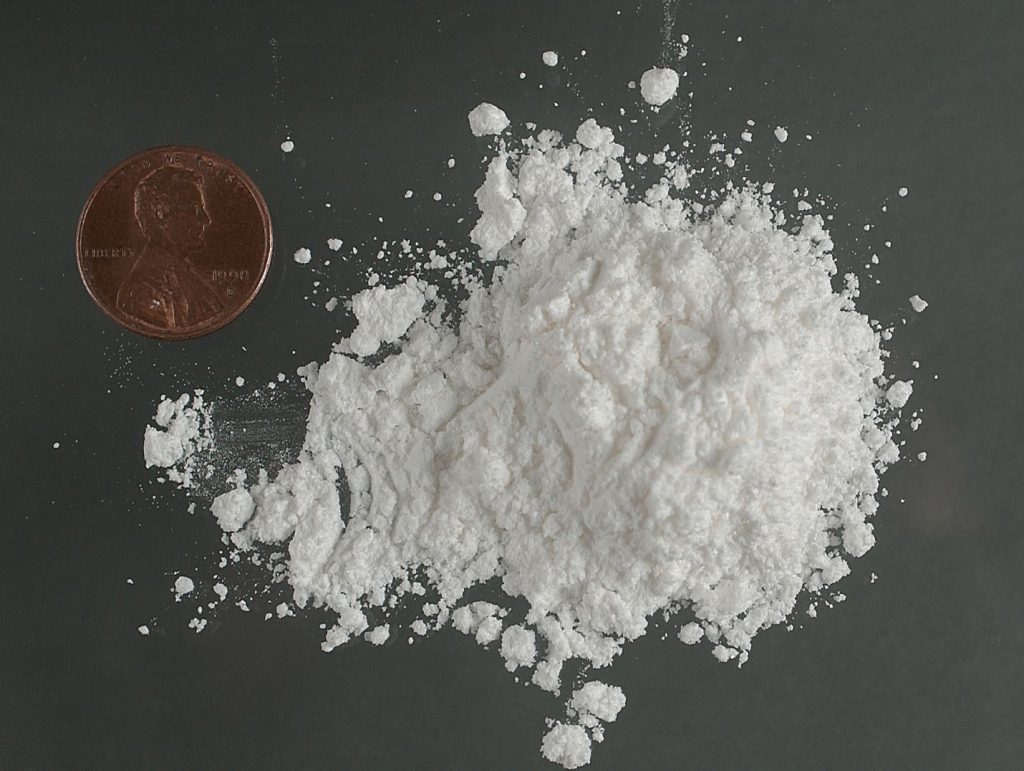
Cocaine depletes the entire body of critical vitamins, like Vitamin C. This can lead to organ damage. Since Vitamin C can actually help your body recover from addiction, cocaine appears to target its own “cure”!
Cocaine also depletes a neurotransmitter called glutamate, which helps you focus on tasks.
MARIJUANA
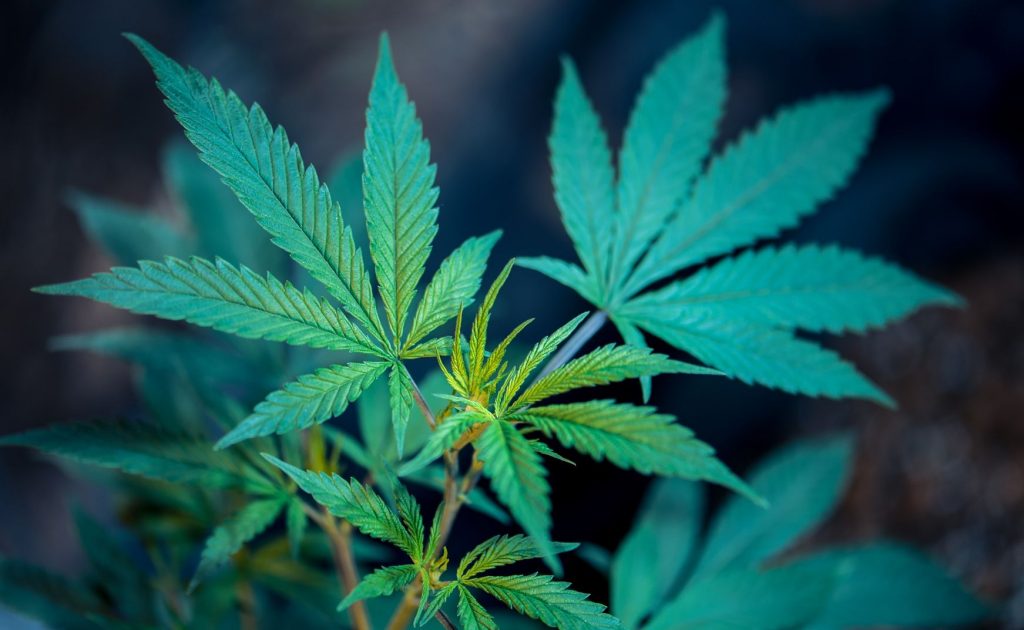
Smoking/consuming marijuana increases appetite. (No big surprise, right?) The danger comes from overeating. You eat more, then smoke/consume more marijuana, then eat more…which becomes a vicious cycle that triggers obesity.
Obesity causes huge problems for every part of the body – circulation, organs, the brain, the heart, and so on.
The Damage: What Nutrient Deficiencies Do to Our Bodies Over Time
What happens to the body when it’s deprived of essential nutrients? Malnutrition causes all sorts of nasty, painful problems. Some temporary…some permanent.
In general, the list of potential physical damage includes:
- Liver problems, including liver failure
- Stomach pain
- Diarrhea
- Swollen or bleeding gums
- Tooth decay
- Loss of muscle and/or bone, leading to weakness in the limbs
- High blood pressure
- Diabetes
- Difficulty breathing
- Heart problems
- Kidney damage
- Memory loss
Without treatment to stop the addiction behaviors and restore a healthy diet, these problems can progress into serious, even fatal conditions. Liver failure. Diabetes. Heart disease.
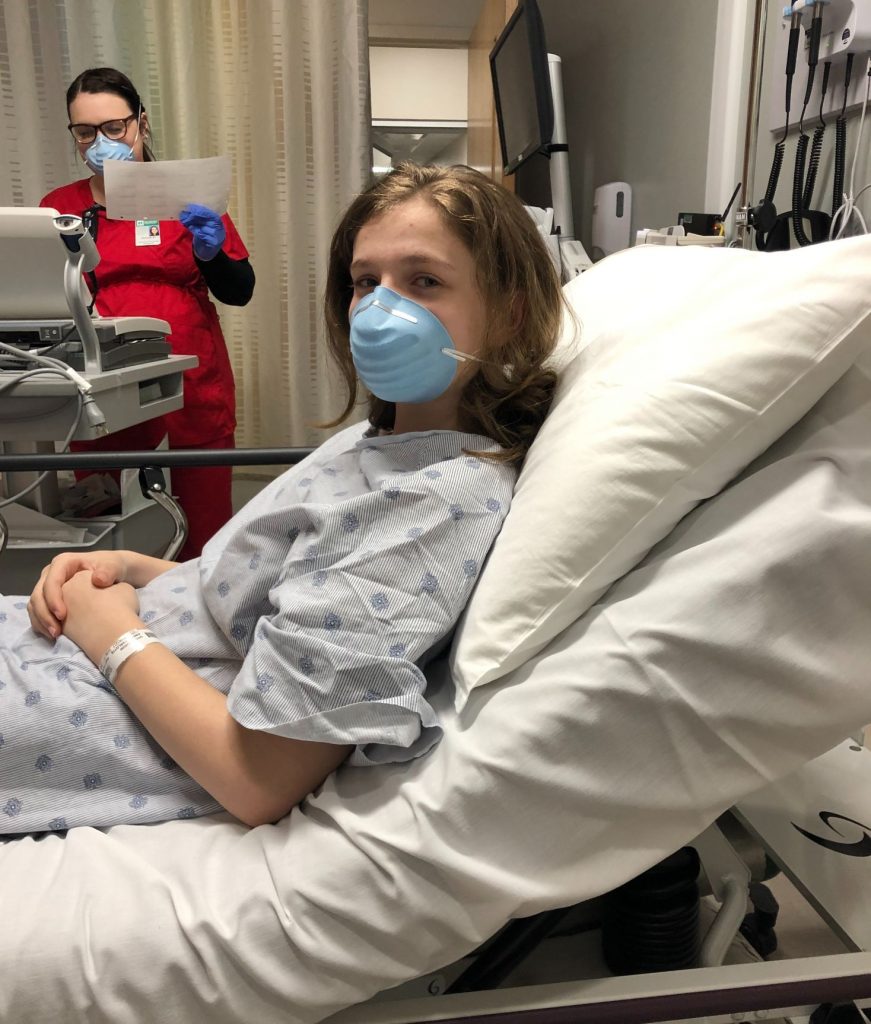
Correcting Addiction-Related Nutrient Deficiencies with Diet During Treatment
This is why effective treatment programs must use a vitamin and healthy food regimen. You need to replace the nutrients lost during drug use with healthy sources your body can absorb.
Does this mean taking a bunch of multivitamins? No, though sometimes adding a multivitamin to daily meals does help. The body needs to take in nutrients through food to best absorb them.
This is why our rehab centers make sure clients receive a healthy diet of foods rich in vitamins and minerals, such as:
- Vitamin C
- B Vitamins (full spectrum)
- Magnesium
- L-glutamine (under supervision only)
- Calcium
- Amino acids

What happens when you eat healthier? Not only does your improved diet begin to heal the body’s damaged parts, it also stabilizes your mood, lowers stress, and reduces cravings. Yes, diet helps your body repair itself from substance abuse…and helps you recover from the addiction at the same time!
Did this post strike a chord? Please share your thoughts.
Sources Cited:
12 Keys Rehab – “Vitamins for Addiction Recovery,” https://www.12keysrehab.com/vitamins-for-addiction-recovery/
Medline Plus – “Substance use recovery and diet,” https://medlineplus.gov/ency/article/002149.htm
Today’s Dietitian – “Substance Abuse and Nutrition,” https://www.todaysdietitian.com/newarchives/120914p44.shtml
National Institutes of Health – “The effects of vitamin B12 on the brain damages caused by methamphetamine in mice,” https://www.ncbi.nlm.nih.gov/pmc/articles/PMC5960763/
Psychology Today – “Alcohol or Drug Use Can Rob Your Body of Nutrients,” https://www.psychologytoday.com/us/blog/real-healing/201603/alcohol-or-drug-use-can-rob-your-body-nutrients
Boulder Medical Center – “Nutrition Recommendations for Those Who Consume Alcohol,” https://www.bouldermedicalcenter.com/nutrition-recommendations-consume-alcohol/
UC San Diego Student Health Services – “How Alcohol Affects Nutrition and Endurance,” https://studenthealth.ucsd.edu/resources/health-topics/alcohol-drugs/nutrition-endurance.html
Frontiers in Behavioral Neuroscience – “Vitamin B12 Levels in Methamphetamine Addicts,” https://www.frontiersin.org/articles/10.3389/fnbeh.2018.00320/full

